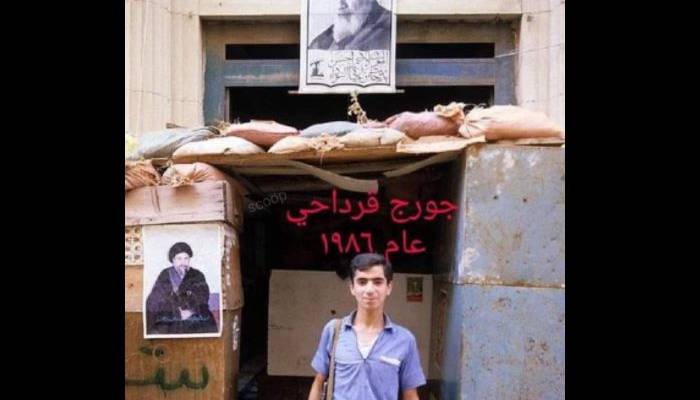Lebanese TV station’s antisemitic propaganda creates new headache for German public broadcaster’s extensive Arab media ties.
Germany’s public broadcaster was under renewed pressure again this week over its content partners in the Arab world as evidence emerged of yet another partner channel spreading antisemitic propaganda.
Deutsche Welle (DW) — a taxpayer-funded international channel broadcasting in more than 30 languages — had already experienced sustained criticism for its links with Roya TV, a Jordanian station whose antisemitic social media posts were the subject of an investigative piece on Vice’s German language site.
Those revelations quickly followed the news that several journalists and editors working for DW’s Arabic service had tracks records of making virulently antisemitic remarks — a scandal that is now the subject of an external investigation.
On Wednesday, a fresh article in Vice examined DW’s partnership with Al Jadeed TV, a Lebanese station that regularly praises Hezbollah, the Iranian-backed Shi’a terrorist organization, as well as radical Palestinian factions.
Vice highlighted a 2015 report broadcast by Al Jadeed that focused on the “heroic deeds” of Samir Kuntar — a Palestinian terrorist who murdered five Israelis in the city of Nahariya in an April 1979 attack, among them four-year-old Einat Haran, whose skull was smashed with the rifle that Kuntar was wielding. Released from an Israeli prison in 2008, Kuntar was killed in Syria in 2015 by an Israeli air strike.
Al Jadeed’s report on Kuntar described him as an example of “moral steadfastness,” whose “blood will be avenged.” This empathy with terrorists was highly visible elsewhere in the station’s coverage, Vice reported, such as in references to “predatory Zionists” and headlines reading, for example, “Two suicide operations in less than 72 hours against the Zionist enemy.”
Asked by Vice to comment on the antisemitic content broadcast by Al Jadeed, a DW spokesperson responded with a general statement that avoided mention of the Lebanese broadcaster.
“Deutsche Welle has a legal mandate to bring German and European perspectives into the international discourse, and that can only succeed in dialogue,” the spokesperson said. DW’s partnership agreements “help to make democratic values and perspectives known … especially in countries with restricted freedom of expression and regional conflicts,” they added.




